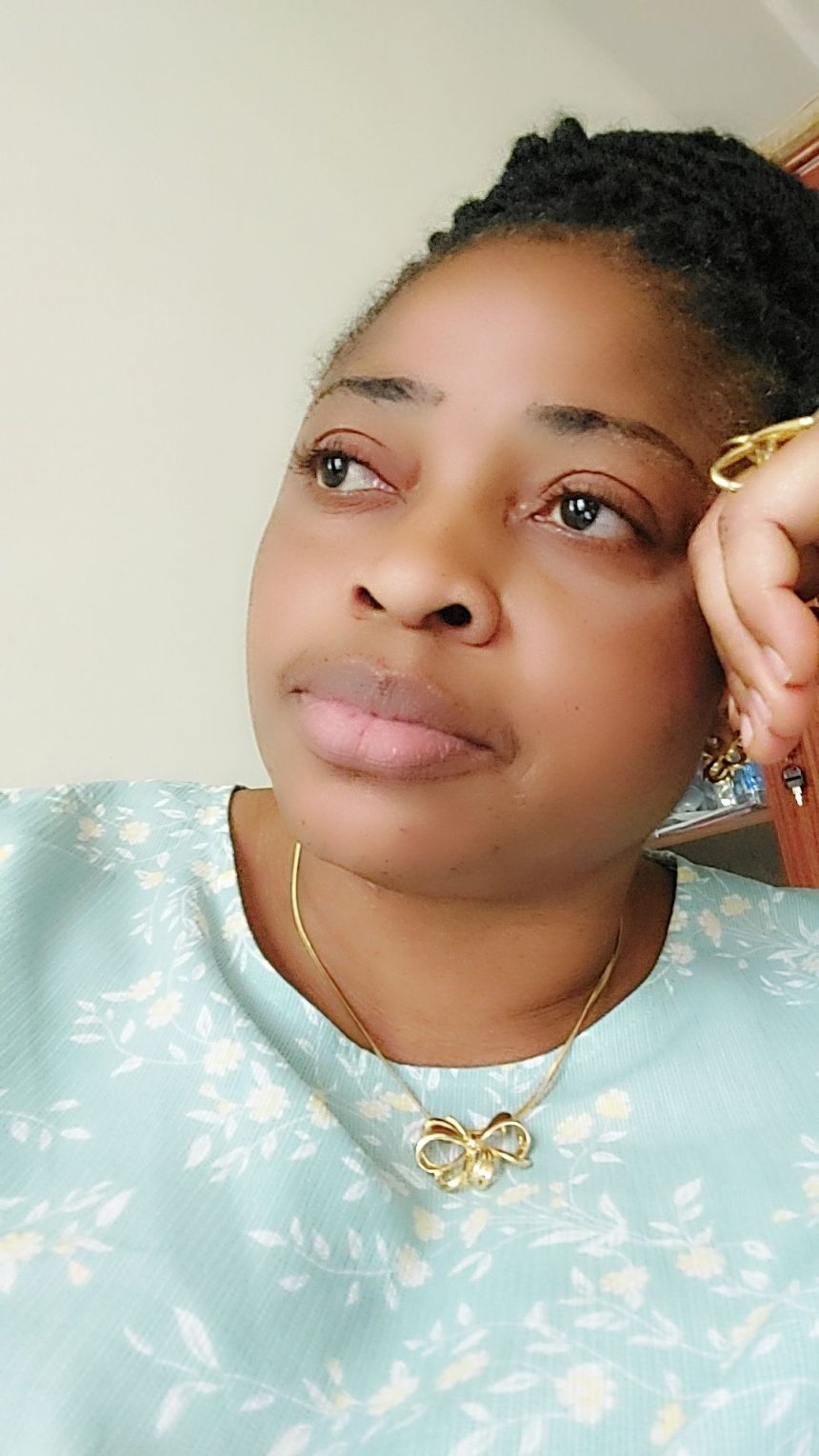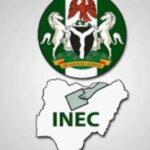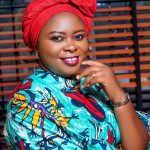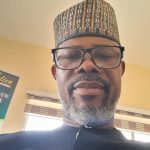The exploitative nature of private schools
Private schools: Education or profit?
Private schools not for the poor?
By Grace Ben Kato
A video I watched recently, propelled me to beam my search light on private schools in Nigeria. A distressed mother posted a video expressing her frustration over exploitation in private schools across Nigeria. Very high school fees and learning materials. I couldn’t agree any less with her. A child in creche pays as much as N40,000 and above. This goes on with nursery, primary, secondary and university level. The higher the class, the higher the fees. The most annoying part is the fact that a child in nursery has to go through the ritual of graduation to primary class. What course of study has the child completed that deserves graduating? Along with the graduation ceremony comes academic gown and other expenses. It wouldn’t be a bad idea if the graduation comes without expenses.
Private schools of course, strive because of poor level of public schools in Nigeria, private schools have sprung up at every corner of the country to serve as an alternative to public schools. Little or no attention is paid to public schools. Parents in a bid to endure their children get the best of education, resort to the only option, the private schools. Private schools had a remarkable impact on the Nigerian educational sector, since it provided a quality alternative to public schools. As a result of decline owing to the Nigerian government’s inability to adequately fund and implement her educational policy which led to seeking the participation of the public in the establishment of private schools. Private schools became the willing bride which comes with high price.
Historically, the first school established in Nigeria was a private school that came into existence in 1843 in Badagry, Lagos state, by the Methodist church, which reflects the deep root of private schools in Nigeria. Research shows that sequel to establishing the first school in the country, other schools owned by missionaries, individuals, communities, and government were established. Schools in those days were the best. Our parents told us how they went to school free and got the best of education. They attended missionary and public schools and are more intelligent, well behaved and mannered than this generation.
The Federal Government, however, during the educational reform of the 1970s, took over the management of all privately owned academic institutions. Further, it declared the 1976 free Universal Primary Education (UPE) programme, implemented nationwide. The increased enrolment into primary schools across the federation had a massive impact on the quality of public schools due to inadequate funding by the federal government, which later led to the involvement of the private sector in Nigerian education, as buttressed in the National Policy of Education (2014).
The policy noted that “Government welcomes the contributions of voluntary agencies, communities and private individuals in the establishment and management of primary schools alongside those provided by the state and local government as long as they meet the minimum standards laid down by the Federal Government. Same applies to establishing secondary schools in Nigeria, with the State Government responsible for laying out and upholding the requirements and minimum standard necessary for establishing secondary schools in the country.”
As quality of public schools dropped, private schools started gaining weight as more parents who could afford it, opted for it. School fees gradually increased and every other thing was customised. School uniforms are only provided by the school. You are not allowed to put on any other uniform except that which is provided for by the school at a higher rate compared to when you make it elsewhere. When we went to school, all we paid for in respect of uniforms was the school badge. You take it home and sew it on your uniform.
Textbooks and notebooks are also customised. The annoying thing is that, they are not reusable. With every year comes new text and note books. Younger siblings cannot use text books used by their older siblings. Pupils are made to do their homework in their text books. Parents with more than one child, buy same text book every year irrespective of the number of children in various classes. These books can’t be bought outside the school where they are cheaper because the emblem of the school is on the books. Permit me to say publishers are also guilty of this. Textbooks and notebooks are sold at high rates compared to market prices. As children, we all use same text book used by older siblings, except it is spoilt beyond repair or misplaced.
School fees in most private schools is a no go area. It is exorbitant. I dare to say it is exploitative. Let’s not blame it on fuel hike, economic situation or high cost of living of living. Private school has always been on the high side. The present economic situation in the country, is just another opportunity for school fees hike. With every new session, comes hike in school fees and materials. Most parents have sleepless night. One thing that baffles me is that despite all these, some of these schools fall short of qualified teachers. Their teachers are “substandard.” Parents don’t get value for their money.
There is the need for governments at all level to review policies that set up private schools. The agencies or departments responsible for monitoring and regulating them, has to be vigilant and carry out its functions diligently. Government also need to fund and concentrate on public schools. The best hands we have in Nigeria past and present attended public schools. The best teachers are also found in public schools. In developed countries, teachers are one of the professions that are highly paid.
The importance of education to every nation cannot be over emphasised. Education is a powerful tool for breaking the cycle of poverty, it gives knowledge and knowledge they say is power. Nigerian government has to put in more resources into education, concentrate on making public schools the best in the country. This will reduce the desire and high cost of sending children to private schools. Parents need not have sleepless night because schools are resuming. With public schools in shape, parents will have options. Let the Federal Government through its Federal Ministry of Education, practice what it preaches and live up to its mission: “Our mission is to use education as a tool for fostering the development of all Nigerian citizens to their full potentials, in the promotion of a strong, democratic, egalitarian, prosperous, indivisible and indissoluble sovereign nation under God.”
According to Wikipedia, Nigeria’s Federal Government has been dominated by instability since declaring independence from Britain, and as a result, a unified set of education policies is yet to be successfully implemented. Regional differences in quality, curriculum, and funding characterise the education system in Nigeria. Currently, Nigeria possesses the largest population of out-of-school learning youths in the world. This is not encouraging.







